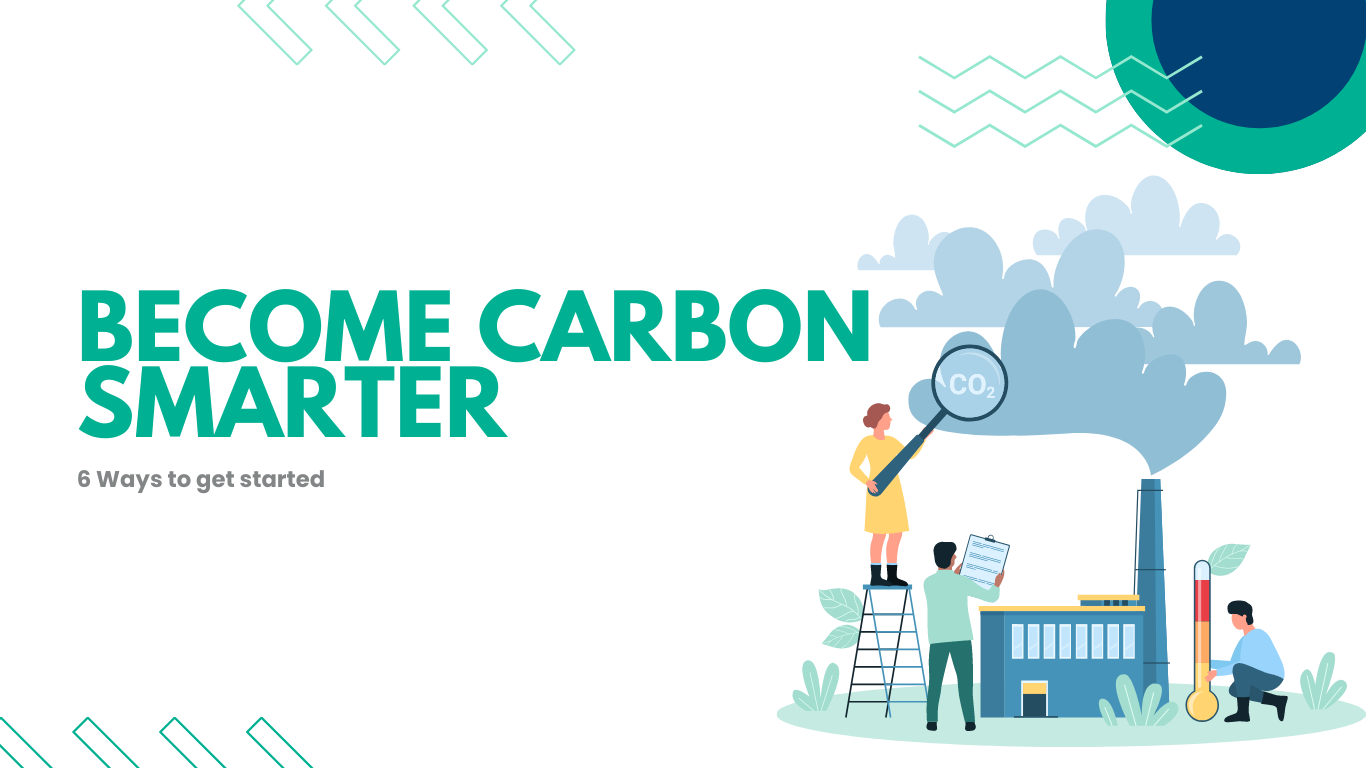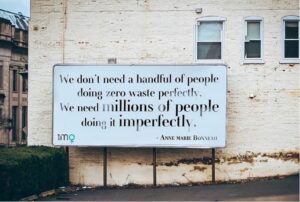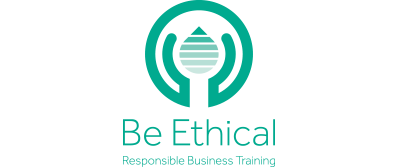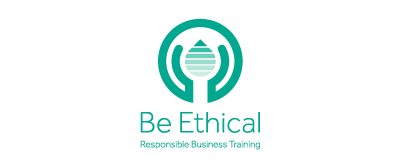
25 Jul
It’s not about perfection; it’s about taking action.
What does Carbon Smarter mean?
“Carbon smarter” refers to becoming more intelligent, informed, and proactive in managing and reducing carbon emissions. It encompasses adopting sustainable practices and making environmentally responsible choices to mitigate the impact of human activities on the climate and the planet.
In the ever-evolving landscape of ESG and corporate responsibility, businesses must take a proactive stance in addressing climate change and embracing sustainability together with considering the needs of their workforce and broader society to ensure it sustains and secures the future of that business and the planet.
One powerful approach to achieving this is by becoming “Carbon Smarter”.
“Carbon smarter” refers to becoming more intelligent, informed, and proactive in managing and reducing carbon emissions. It encompasses adopting sustainable practices and making environmentally responsible choices to mitigate the impact of human activities on the climate and the planet.
In this blog, we explore the transformative potential of empowering employees and key stakeholders to support working more efficiently, all while navigating the path to a sustainable future.
And we know, from our extensive experience in this field, that the focus lies on how the leaders of business must take a forward-thinking approach to help unlock the power of the workforce to drive positive change collectively.
But we must start somewhere to create a positive outcome. And now is the time. Businesses can’t continue to feel immobilised by jargon, comparisons, or industry expectations. They need to start small and make progress.
- Embracing carbon intelligence
When embarking on becoming carbon smarter, businesses must first understand their current carbon position, creating a comprehensive picture of the organisation’s environmental impact. This is achieved by conducting a carbon audit and analysing the carbon footprint of operations. With this knowledge, organisations can then identify areas of improvement and set sustainability goals in a bid to progress.
A carbon audit can be progressed by analysing
- miles driven within the business by employees
- miles driven to carry out customer deliveries
- utility bills
- waste management costs
- recycling carried out
- distances driven by suppliers to service a business
This exercise then creates a carbon baseline for a business.
- The role of business leaders
Leaders of a business play a pivotal role in shaping a company’s sustainability strategy. Embracing a forward-thinking mindset, they can lead by example, championing eco-friendly practices and embedding sustainability into the organisation’s core values. By prioritising sustainability, they inspire and empower their workforce to take ownership of environmental initiatives, individually and collectively.
- Empowering the workforce
A workforce that is engaged and empowered becomes a driving force for change. Business leaders can cultivate a green mindset among employees by providing the necessary resources, training, and support to enhance their skill set. And employees are more likely to develop environmentally friendly solutions and initiatives by encouraging innovation and creativity. Recognising and rewarding sustainable efforts further reinforces the company’s commitment to becoming Carbon Smarter.
- Building a green culture
Cultivating a green workplace culture is integral to achieving lasting sustainability. This involves promoting open communication channels where employees can share ideas, suggestions, and best practices related to sustainability. Engaging in eco-friendly activities, such as waste reduction programs, energy-saving initiatives, and eco-conscious events, brings the workforce together around a common goal.
- Collaborating with key stakeholders
To maximise impact, management teams and leaders must engage all of their stakeholders in the sustainability journey. Collaborating with suppliers, customers, and partners with the same environmental values can lead to mutually beneficial initiatives. Transparent reporting on sustainability progress enhances credibility and builds trust with stakeholders.
- Measuring progress and celebrating success
Regularly measuring and tracking sustainability performance is essential for staying on course. Establishing clear metrics and KPIs to monitor progress is key. Celebrating big and small sustainability successes creates a sense of achievement among employees and reinforces the organisation’s commitment to being Carbon Smarter.
Navigating the path to being Carbon Smarter within a business requires a holistic approach involving everyone, from the management team to employees and stakeholders. By empowering the workforce to enhance their green skills and promoting a forward-thinking approach to sustainability, businesses can address climate change and positively impact the environment while securing that business’s future.
By embracing the power of collective action and working hand-in-hand towards a greener, more sustainable world, we can be part of what has to happen to ensure our planet prospers, not perishes.

Who is Ethical?
With 35+ years of experience in responsible business practices, Be Ethical supports forward-thinking businesses to succeed on their sustainability journeys by delivering award-winning environmental, social and governance (ESG) programmes.
Book a FREE consultation HERE.

